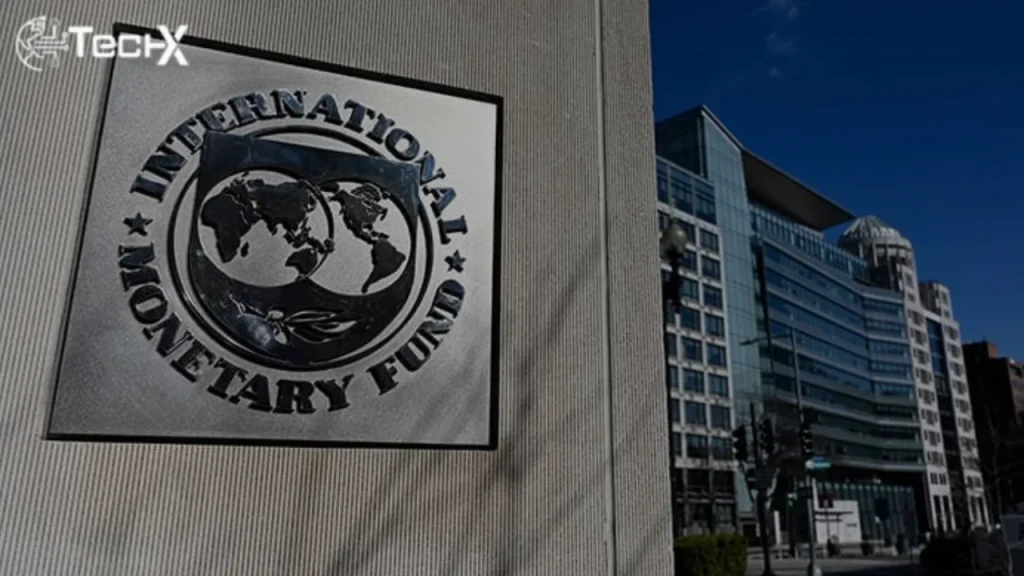The International Monetary Fund (IMF) and Pakistan have progressed toward an agreement to reduce income tax rates for salaried individuals in the 2025-26 budget. Following extensive negotiations with the Federal Board of Revenue (FBR), the IMF approved lowering tax rates across multiple income brackets. This move aims to alleviate financial pressure on salaried workers, offering estimated relief of Rs. 56-60 billion.
Proposed Tax Rate Reductions for Lower Income Slabs
The FBR suggested reducing the tax rate on the first income slab (Rs. 0.6 million to Rs. 1.2 million annually) from 5% to 1%. If implemented, tax liability for earnings up to Rs. 100,000 would drop from Rs. 30,000 to Rs. 6,000. However, the IMF proposed a compromise rate of 1.5%, resulting in Rs. 9,000 in taxes. Discussions continue to finalize the exact rate.
Adjustments for Higher Income Brackets
For higher-income earners, authorities are considering a 2.5% reduction per tax slab. Additionally, the top tax rate may decrease from 35% to 32.5%. These changes aim to balance revenue generation with taxpayer relief. The IMF and FBR are finalizing calculations to ensure fiscal sustainability while easing the burden on middle and upper-middle-class professionals.
Also Read: FBR to Double Tax on Non-Filers’ Cash Withdrawals from July 2025
IMF Advocates for Surcharge and Super Tax Reforms
Beyond income tax adjustments, the IMF emphasized gradual rationalization of Pakistan’s 10% surcharge and Super Tax. These measures target high-earning individuals and corporations, but reforms could enhance fairness and economic efficiency. The lender seeks a structured approach to prevent abrupt revenue losses while promoting long-term tax policy stability.
Criticism Over Cryptocurrency Mining Electricity Allocation
The IMF also criticized Pakistan for allocating 2,000MW of electricity to cryptocurrency mining without Energy Ministry or NEPRA approval. This decision raises concerns about energy governance and fiscal oversight. The lender urged stricter regulatory compliance to prevent misuse of resources and ensure transparency in energy allocations.
Expected Impact on Salaried Workers
The proposed tax cuts could significantly benefit Pakistan’s salaried class, increasing disposable income and stimulating economic activity. Lower tax burdens may improve living standards and encourage formal employment. However, the government must balance relief measures with revenue needs to avoid budget deficits.
Conclusion
The IMF’s conditional approval for tax reductions marks a positive step for Pakistan’s salaried workforce. While final rates remain under discussion, the potential Rs. 56-60 billion relief signals progress. However, sustainable fiscal management and energy sector reforms remain critical for long-term economic stability.
